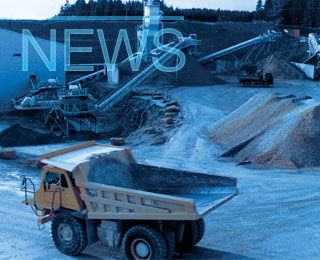Recent power tariff increases coupled with unreliable supply may deal heavy industry a body blow, making them more uncompetitive compared to their regional rivals, industry sources have said.
The Electricity Regulatory Authority (ERA), following an application by Umeme Limited, last month, announced a 19% increase to sh178.9 a unit for medium users from sh150.3 and to sh71.9 from sh60.4 for heavy users and street lighting. This represented an increase of 24% for the domestic consumers and 19% for industrial consumers.
"It is obvious that the power tariff hike is going to push up our costs of operations, but there is more than just the increment," Mbuvi Ngunze managing director Hima Cement said.
"Quality and availability are very important to us. If we have a higher power cost but good quality and availability, there would be no problem," he said. Ngunze said power constitutes at least 20% of his company’s production costs, which average out at about sh180m per month but could now jump to a sh215m monthly bill.
Cement industries like smelting and steel are some of the biggest power consumers.
"We all speak through the chairman of Uganda Manufacturers Association (UMA), but the truth is, we are suffering from all fronts.
Power increase, however, is going to hit very hard the steel and smelting industry because they need a lot of electricity," Naveen Krishnan, the general manager Roofings Uganda, said.
The Private Sector Foundation Uganda has already warned that if the status quo is maintained, local manufacturing companies are bound to stagnate or collapse.
Abid Alam, the UMA chairman, in a recent interview projected that many companies will post losses due to increased costs of doing business, which would have a negative impact on the economy.
"There is no competitive advantage left. The only competitive advantage we had over our neighbours was power and that has gone. We are waiting to see the collapse of most of them because we cannot compete with Kenya for anything," said Alam.
The hike in power tariffs comes at a time when fuel prices have edged closer to sh2,000 per litre of petrol, raising fears of rising transportation costs and worsening inflation already at a 10-year high of 13%.
